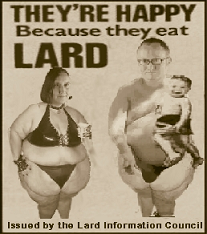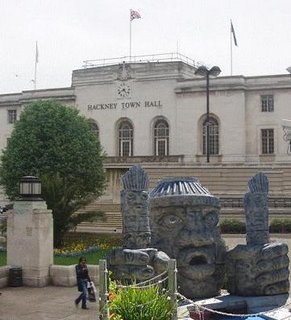An interesting quote from the book "Inequality and the State (OUP, 2004)" by Professor John Hills, Director of The ESRC Research Centre for Analysis of Social Exclusion (CASE) at the London School of Economics and Political Science:
"Britain has become a dramatically more unequal society in the last quarter century. Two-fifths of the total growth in personal disposable incomes since 1979 has gone to the richest tenth of the population; more than a sixth has gone to the top one per cent; and about an eighth has gone to the top half per cent. Changes at the bottom of the income distribution have been equally dramatic: the share of the poorest 10 per cent has fallen by over a third."
I'm sure we must have reversed that trend over the past three years. In any case, nobody in their right mind would believe anyone from LSE, home of rampaging left-wing students.
Then there's this report from the Institute for Public Policy Research (IPPR) which says:
Women continue to be more likely to live in poverty while the percentage of wealth held by the wealthiest 10 per cent of the population has increased from 47 per cent to 54 per cent over the last ten years."
Hmm! Another 3-year-old report. Surely not true any longer.
I also came across this quote by Tony Atkinson of Nuffield College Oxford, whose research has shown that the wealthiest 0.1% have now returned their share of national income to the level of the 1930s:
Well I ask you, who'd believe a bloke with a flaky CV like this?
This lot is typical of what you get if you read the work of cosy, feather-bedded academics. They ought to get out into the real world, kocking on a few doors at election time. Then they'd see how much better life has become under New Labour. Read this rubbish? Not bloody likely. I'd far sooner trust The Observer!
Monday, March 26, 2007
New Labour And Redistribution
Posted by
Luke Akehurst
at
8:08 am
![]()
Subscribe to:
Post Comments (Atom)










 I'm Luke Akehurst..... aka. "Luke The Nuke".
I'm Luke Akehurst..... aka. "Luke The Nuke".





1 comment:
One doesn't know why people harp on such much about the ignorant poor. They can sort themselves out. These types usually resent anything one tries to do for them, anyway. Labour is a party for the intellectually gifted, who naturally rise to become the most wealthy members of society. I'm proud to be a member under Tony Blair.
Post a Comment